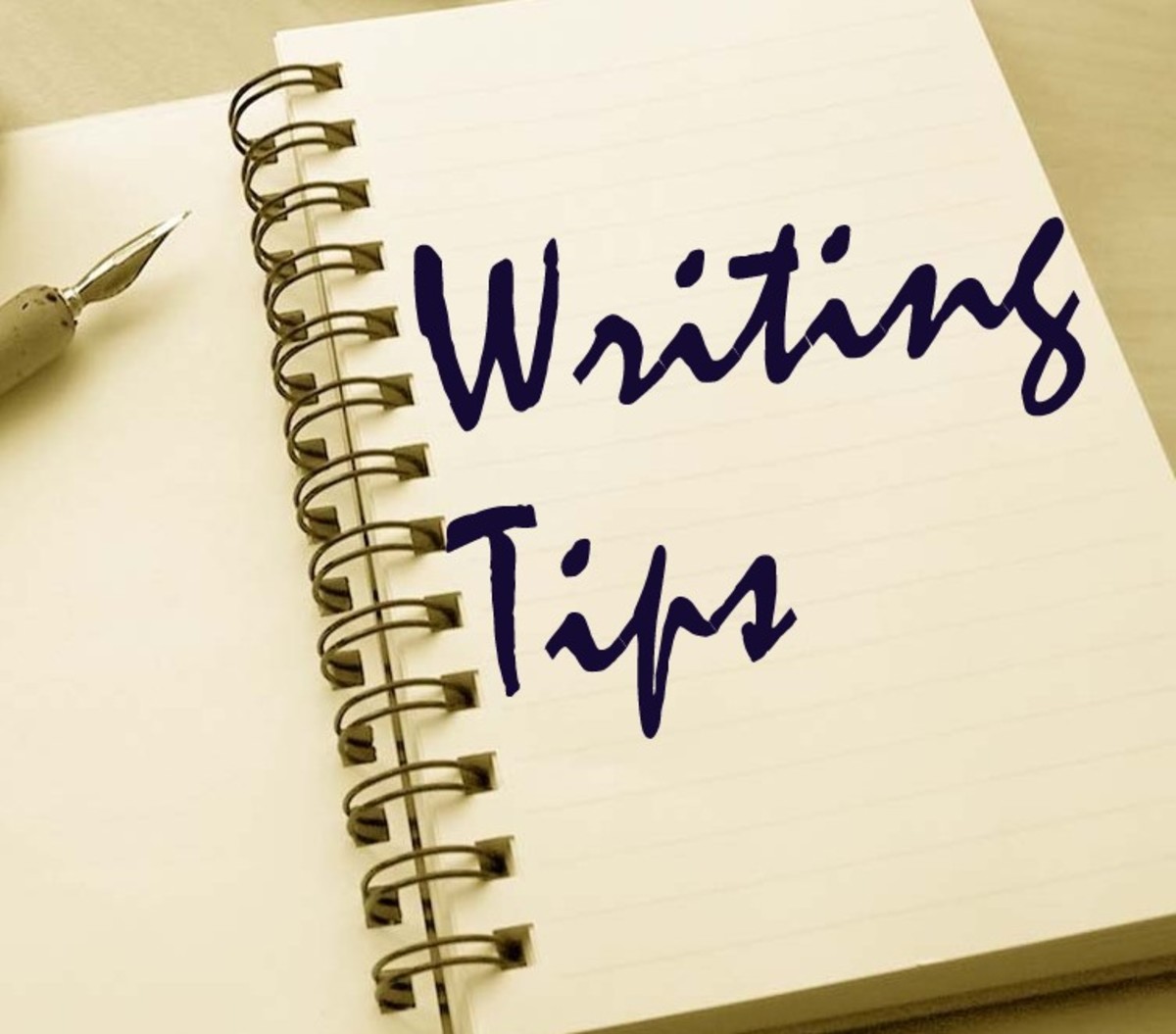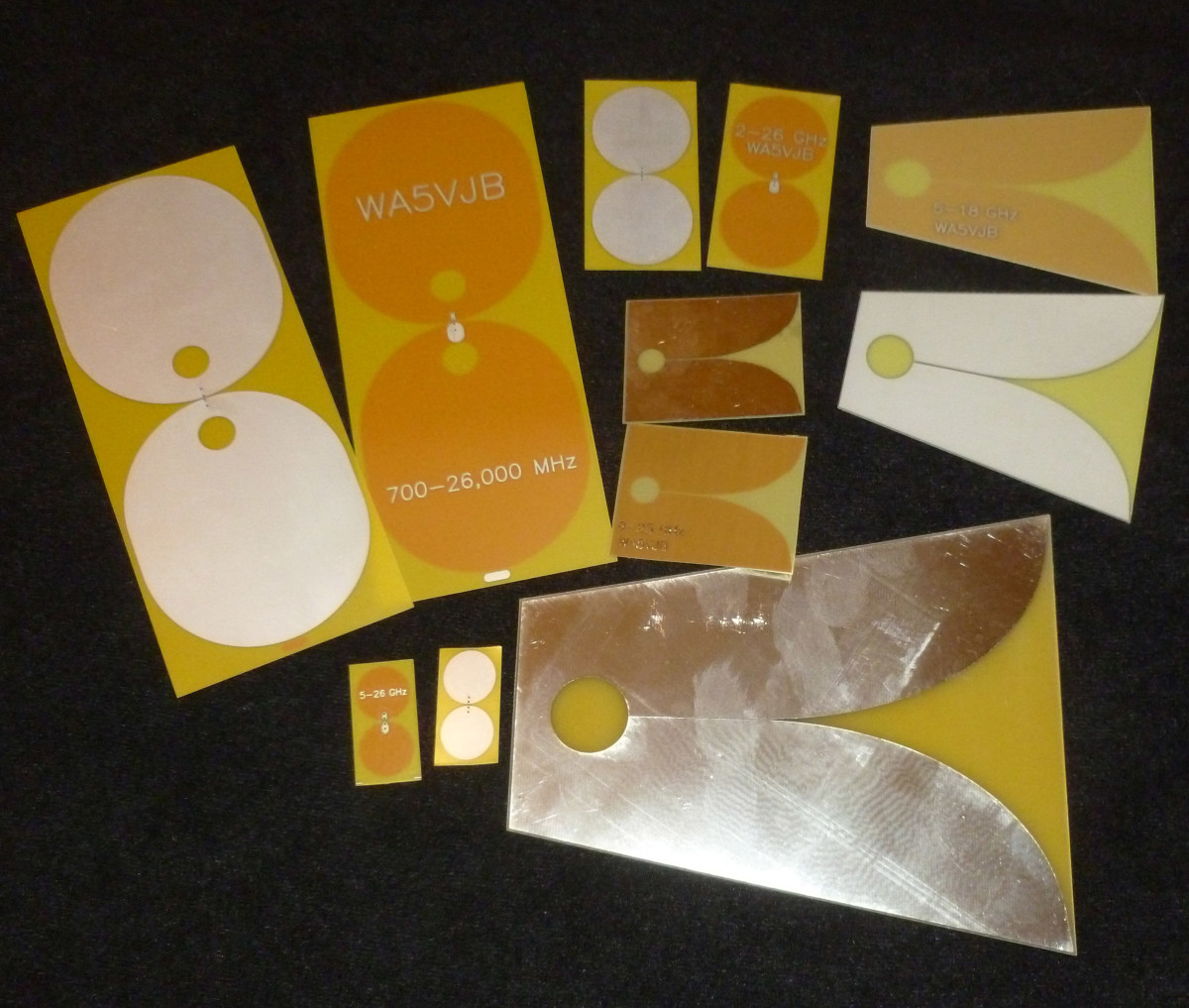6 Vital Factors Of On-Page Search Engine Optimization
SEO
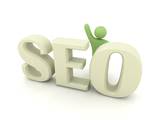
should not be ignored
On-page search engine optimization is a highly debatable subject amongst webmasters but regardless of arguments, there are many factors which play a vital role for search engine placement.
Each of the following add value to on-page search engine optimization and should not be ignored when building each page of a website or blog.
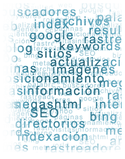
The Page Title Tag
Located within the title tags sits the page's title. This title can be seen at the top of each browser window and is displayed within search engine results.
The page title tag plays an important role with on-page search engine optimization as one of the main factors used by search engines such as Google, Yahoo and Bing.
Each title tag should display the main keyword which accurately describes the page. Titling each page for their respected keywords is one of the key factors for strong on-page search engine optimization.
For example, if the page were about 'how train a dog to play fetch', the page title should accurately reflect this using the same keywords but worded in a way which calls out to those searching for these tips - 'How To Train A Dog To Play Fetch | Example.com'.
META tags
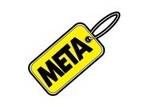
Meta Tags
The meta tags are those which use the <meta> HTML code and are located within the head of the HTML document.
The most important meta tag within the head of the document is the 'meta description'. The meta description describes the content of the page. Each meta description should be worded to include the main and supporting keywords for the page but also be written to be read by humans - the meta description is what displays within search engine results.
Because of keyword stuffing, the 'meta keyword' tag is no longer a major factor for on-page search engine optimization. Webmasters would stuff keywords within this tag to gain higher rankings; the abuse cause most search engines, such as Google, to no longer count.

The H1 Tag
The H1 tag is the highest level of heading tags in HTML. Search engines use this top tiered heading tag as a factor for on-page search engine optimization.
For each page, use the H1 tag as the content's main title so when search engine spiders crawl the page they will easily determine the subject of the content.
The page should use the remainder heading tags to break each section into manageable content but always reserve the H1 heading tag for the main keywords and subject.
Alt Tags
Rich media is now common within nearly every web page on the internet. Pictures, videos and audio all play an important role to give the visitor a unique experience and to give the page greater value.
Within the HTML code for pictures sits the alt tag. The alt tag is used to describe the picture as search engines cannot currently 'view' the picture, only data. Using alt tags are also good practice for those which use screen readers such as the blind.
The Alt tag should contain the keywords which describe the picture or media. For example: if a picture were to describe a dog fetching a ball, an alt tag which would suitably fit could be 'dog fetching ball'.
SEO

Smart Linking
One of the most overlooked aspects of on-page search engine optimization is titling each link in a way that flows with the content and contains the keywords of the page it links to.
Lazy webmasters will use a simple 'Click here' to describe a link but for those which aim for the best on-page optimization, using using the keywords while integrating the content will keep the search engines happy.
Bad Example: To learn about training your dogs to play fetch 'Click here'.
Good Example: There are many ways to 'train your dogs to play fetch'.
SEO
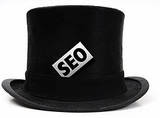

Keyword Density and Article Length
The final, and much debated, factor of on-page search engine optimization is the keyword density and article length.
Many suggest that each article should contain the main keywords around 3-5% of the entire article and that the article should be anywhere between 300 - 800 words in length.
Keyword density and article length do play a role in on-page search engine optimization but most modern search engines, such as Google, have been created to find pages that provide value to their searchers, not keyword heavy content.
Instead of trying to perfectly craft each page for keyword density and length, write naturally for humans. If the content is worthwhile, it will gain backlinks from those sharing it - sending the page higher in the search engine results.
On-page search engine optimization plays a very critical role to reach high rankings in search engine optimization. Each page of the website or blog should be dedicated to a single main keyword, backed by supporting keywords related to the subject.
Using each of these factors as a guide, create the page with the intent of giving readers content they'll love but always keep in mind how search engines factor in different aspects of the page in whole.
SEO

- How to Write SEO Friendly Articles
Search engine optimization and great content go hand in hand when websites want to rank high in search engine results. There's no secret to SEO but for whatever reason many people either forget to include...
- Deadly SEO Mistakes and Elements Of Search Engine Optimization Websites Can't Succeed Without
There are many ways to correctly optimize your website for search engines but you could be doing some of the most deadly mistakes that will hurt you in the long run. Instead of learning about the...


